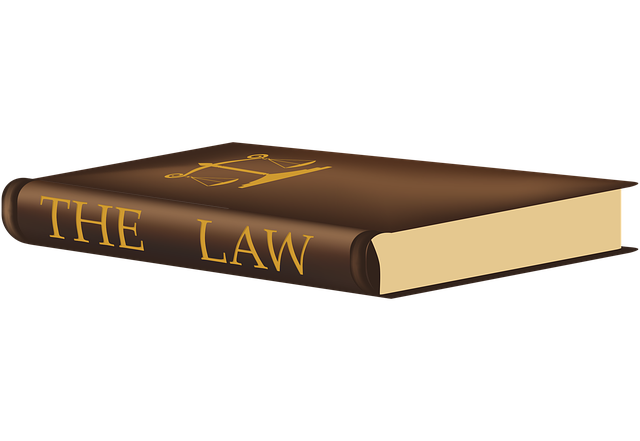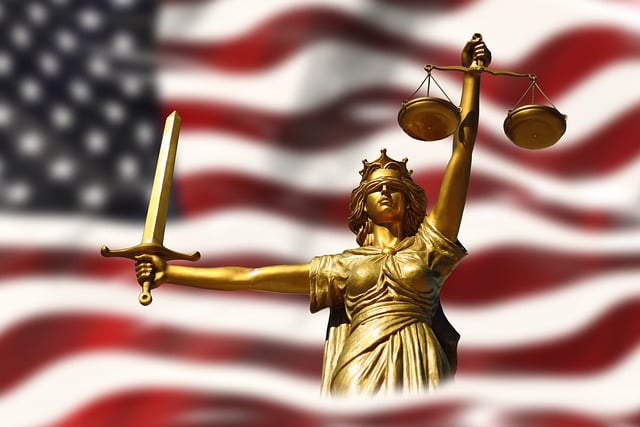Libel lawsuits involve false statements causing reputational harm, leading to substantial legal fees and potential career damage. Proactive measures like careful word choice and fact-checking can mitigate risks. Businesses should secure experienced legal counsel, conduct thorough reviews, train employees, and foster strong relationships to defend against libel claims, aiming for cost savings and favorable outcomes. Landmark cases like New York Times Co. v. Sullivan set standards for proving truth in libel disputes, emphasizing strategic communications and responsible reporting.
“Explore the complex world of litigation with our comprehensive guide on Litigation Types. From understanding libel lawsuits and strategic defenses to examining notable dispute cases, this article offers valuable insights. Learn about the financial burden of defending against libel claims and discover prevention tactics for businesses. Discover key strategies to navigate these legal challenges effectively, focusing on the ‘cost to defend against libel claim’ as a central consideration.”
- Understanding Libel Lawsuits: A Primer
- Defending Against Libel Claims Strategically
- The Financial Burden of Legal Defense
- Case Studies: Notable Libel Disputes
- Prevention and Mitigation Tactics for Businesses
Understanding Libel Lawsuits: A Primer

Libel law suits are a type of civil litigation that involves making false statements about someone or something, which damages their reputation. When a party believes they have been libeled—that is, their good name has been unfairly tarnished through false and damaging publication—they may choose to file a lawsuit against the accused party. The cost to defend against a libel claim can be significant, as legal fees for both sides often accumulate swiftly during pre-trial hearings and potential jury trials across the country.
These lawsuits can take many forms. They might involve written statements, such as defamatory articles or social media posts, but also include oral statements that are subsequently published or recorded. The impact of libel extends beyond monetary damages; it can ruin careers, damage relationships, and leave lasting scars on an individual’s reputation, especially if the falsehoods are widely disseminated. For his clients facing these complex legal issues, securing experienced counsel is crucial to navigating the intricacies of libel law and protecting their rights.
Defending Against Libel Claims Strategically

When facing a libel claim, businesses and individuals must strategize their defense to mitigate both the potential damage to reputation and the cost to defend against such claims. A strategic approach involves understanding the nature of the alleged libelous statements and their impact on the target audience. Legal professionals play a pivotal role in guiding clients through this process, ensuring that every defense tactic is tailored to the specific circumstances.
The cost to defend against a libel claim can be substantial, encompassing legal fees, expert witness expenses, and potential settlement offers. Businesses, especially those involved in complex sectors like white-collar and economic crimes, should have comprehensive liability insurance to cover these expenses. Proactive measures, such as careful word choice in public statements and robust fact-checking processes, can significantly reduce the likelihood of libelous claims and the associated costs.
The Financial Burden of Legal Defense

The financial burden of legal defense can be a significant concern for individuals and businesses alike, especially when faced with complex litigation. In cases involving libel claims, for instance, the cost to defend against such charges can be substantial, often reaching into the tens or even hundreds of thousands of dollars. This expense includes not only attorney fees but also court costs, expert witnesses, and extensive document review.
For respective businesses, managing these financial obligations while navigating the legal process can be challenging. However, a well-prepared strategy and robust legal representation can lead to achieving extraordinary results, such as the complete dismissal of all charges. This not only mitigates financial loss but also preserves the reputation and operational integrity of the party involved.
Case Studies: Notable Libel Disputes

Libel disputes have been a significant aspect of litigation, often involving high-stakes battles in court. Case studies of notable libel cases offer valuable insights into the complexities and potential consequences of such legal confrontations. These cases not only highlight the financial implications but also serve as a warning to businesses and individuals alike about the cost to defend against libel claims.
One prominent example is the New York Times Co. v. Sullivan case (1964), where the U.S. Supreme Court established the actual malice standard for libel. This landmark decision set a precedent that corporate and individual clients must prove actual malice—knowing or reckless disregard for the truth—to succeed in a libel suit. As a result, many strategic communications and media organizations have since focused on fact-checking and responsible reporting to avoid such costly legal battles, ensuring a complete dismissal of all charges is their primary goal.
Prevention and Mitigation Tactics for Businesses

Many businesses incorporate prevention and mitigation tactics into their strategies to avoid costly legal battles, particularly when it comes to libel claims. One effective approach is to foster a culture of transparency and accountability within the organization. By ensuring that employees are well-trained in media relations and public communications, companies can minimize the risk of defamatory statements being made or disseminated. Regular reviews of marketing materials, press releases, and online content can help identify potential legal issues before they arise.
Additionally, businesses should focus on building strong relationships with their target audiences, including philanthropic and political communities. A solid reputation and positive track record can act as a shield against libel claims. Investing in robust internal communication channels allows companies to quickly address any concerns or misunderstandings that may lead to litigation. Moreover, employing proactive measures such as implementing strict content approval processes and conducting regular legal audits can significantly reduce the cost to defend against libel claims, ultimately enhancing the business’s ability to win challenging defense verdicts in jury trials.
Libel lawsuits pose significant risks and financial burdens, as evidenced by the cost to defend against libel claims. Understanding the nuances of libel law, employing strategic defenses, and implementing prevention tactics are essential for individuals and businesses alike. By learning from notable libel disputes and adopting proactive measures, it’s possible to mitigate risks and protect one’s reputation in today’s digital landscape.






